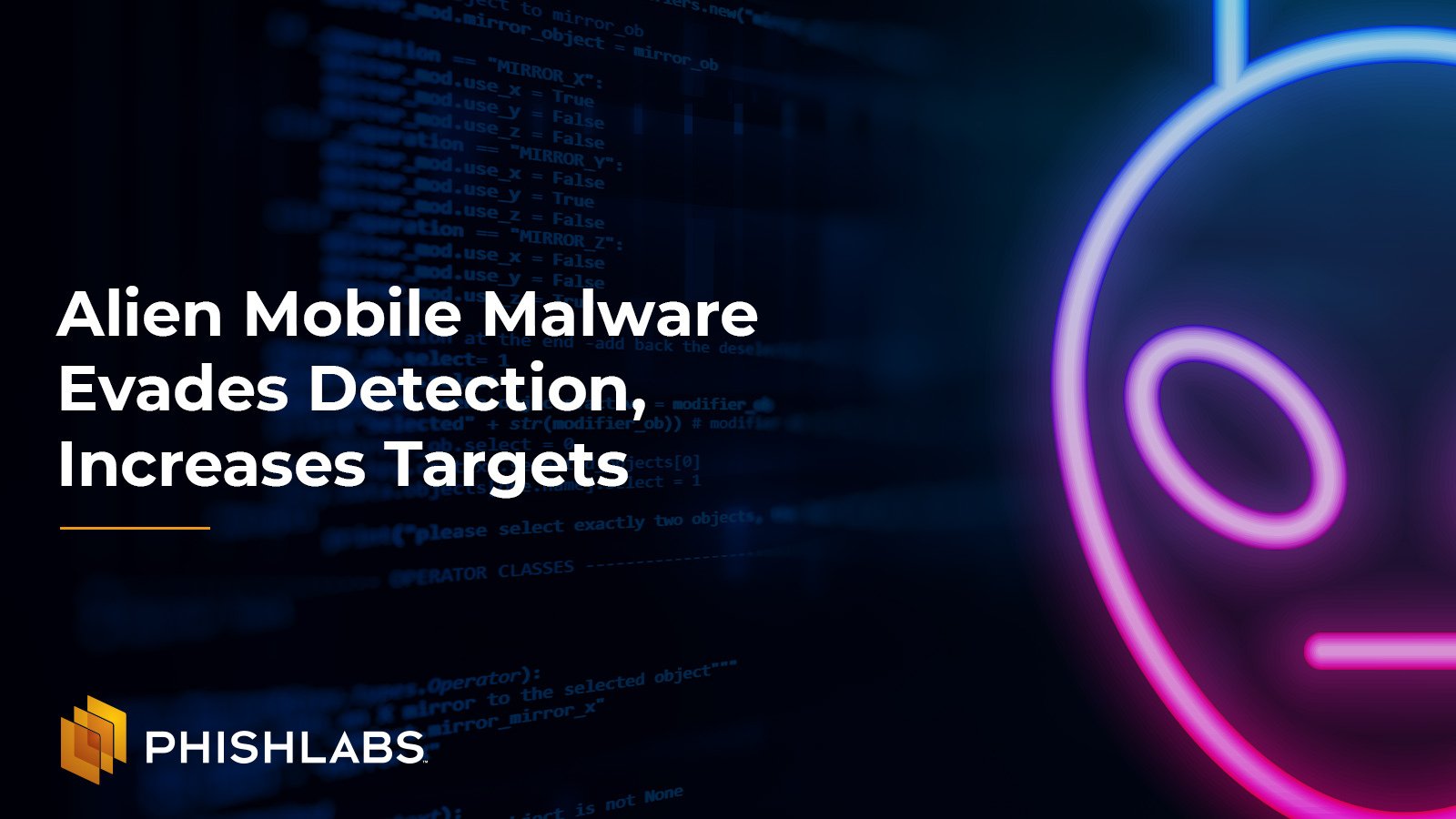3 Reasons Why your Firm Needs Multi-Factor Authentication Security
Learn why even the most complicated keystrokes are no longer enough—and how to easily secure your firm’s data in 24 hours.
What does it mean to be “password protected?” These days, it doesn’t mean much.
According to the Verizon Data Breach Investigations report, 81% of reported data breaches have been because of a password hack. And in 2020, the total number of records exposed exceeded 37 billion—that’s a 141% increase compared to 2019, and the highest number of records exposed ever recorded in a single year.
Turns out, sharing information with colleagues and clients online (via email, application, etc.) is extremely risky—even if the data you’re sharing appears to be password-protected.
With zero chance of ever going back to the ‘old way’ of sharing data…how are accounting professionals supposed to get their work done, without putting their firm’s data (and their clients’ data) at risk?
Find out in our new eBook.
Excerpt:
3 Reasons Why You Should Use Multi-Factor Authentication Security
The Internet has transformed our lives, making the purchase of goods and services much faster and convenient, but all of that comes with a cost. The online world presents risks in personal and professional security. Just how big are these risks?
A study by the Clark School at the University of Maryland revealed that a hacker attacks a computer with Internet access every 39 seconds, affecting one in three Americans every year. The non-secure usernames and passwords we use give attackers a greater chance of success. Today, 54 percent of consumers use five or fewer passwords for all their accounts; that’s a risky security practice that allows hackers to take down multiple accounts just by cracking one password.
According to the 2020 Verizon Data Breach Investigation Report, password-stealing malware is now the form of malware most frequently used in data breaches. Computers don’t know when a password has been compromised; they just grant access to anybody who can get in. This lack of proof of identity is an obvious flaw in using solely passwords for security.


